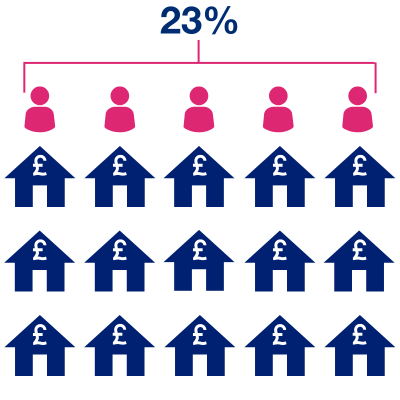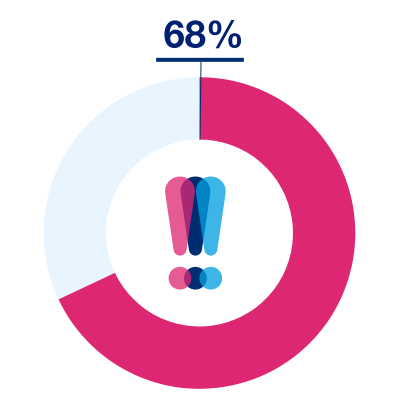People at risk of ‘honour’-based violence (HBV) and forced marriage experience domestic abuse for longer, on average, than those not at risk. They are also more likely to experience harm from multiple perpetrators.
In the fourth of our Spotlights series in 2017, we focussed on the experiences of people at risk of ‘honour’-based violence and forced marriage. We looked at the specific issues and barriers they face in accessing help, and how professionals can best support them.
About SafeLives’ Spotlights series
Our 2016–2019 Spotlights series shone a light on hidden victims of domestic abuse. We explored the experiences of victim groups who face additional barriers to accessing support, and can feel ‘hidden’ from services. Discover insight from survivors, practitioners, academics and other experts, alongside our own research and data.
Amala, survivorMy husband started the physical abuse, and the other family members soon followed. His family began to give the children expensive gifts and my children began to turn against me... From day one, my mother-in-law, father-in-law, sisters and brothers in law, and then my husband and now children too. What was I going to do?




